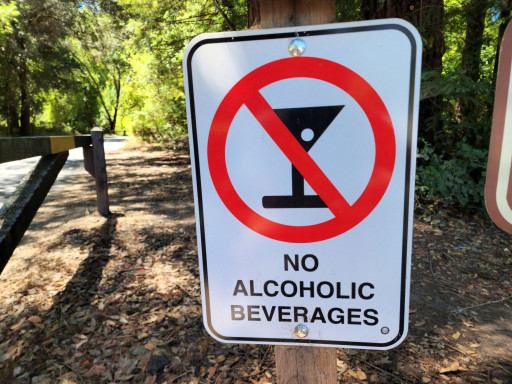PISCATAWAY, N.J., February 20, 2023 (Newswire.com) - Growing evidence exists that the alcohol industry uses a variety of strategies to influence public policy in favor of its own corporate interests, rather than the interest of public health. Recent communication between National Institute on Alcohol Abuse and Alcoholism (NIAAA) employees and alcohol industry groups shows extensive interaction on policy-relevant scientific issues, according to a new report in the Journal of Studies on Alcohol and Drugs.
Researchers at the University of York in the United Kingdom analyzed 4,784 pages of emails obtained through Freedom of Information Act requests. The correspondence was sent between 43 NIAAA staff members and representatives of 15 alcohol industry groups between 2013 and 2020.
The analysis focused on 12 leaders at NIAAA and representatives from two alcohol producers, two alcohol trade associations, and a not-for-profit linked to the alcohol industry.
The researchers—Gemma Mitchell, Ph.D., and Jim McCambridge, Ph.D.—found that the NIAAA leaders provided the alcohol industry with extensive information about scientific research and policy implications. These leaders communicated often with their industry contacts via email, telephone and in-person meetings.
"Key industry actors asked NIAAA leaders for help on science and policy issues. At times, NIAAA leaders heavily criticized public health research and researchers in correspondence with industry," the authors write.
The authors note that some NIAAA leaders subsequently went to work for the alcohol industry—forging close relationships between NIAAA leadership and key industry groups and allowing for a flow of privileged information.
Mitchell and McCambridge used publicly available data whenever possible to confirm information in the emails. Their findings add to other recent studies identifying the effects of industry influence on alcohol science.
"Ongoing relationships between NIAAA leaders and the alcohol industry meant that industry representatives could access privileged information on a wide range of topics, from the U.S. Dietary Guidelines to alcohol and cancer," says Mitchell. "We hope the NIAAA and National Institutes of Health will regard this report not as presenting a public relations challenge to be managed but as posing a set of major scientific challenges to which it must rise."
"The depth of the relationships between NIAAA senior leaders and key alcohol industry contacts uncovered here is disturbing," says McCambridge. "The study findings provide examples of alcohol public health science being opposed rather than championed by NIAAA leaders, at least in their direct communications with industry. The implications are profound when one considers that NIAAA funds the majority of the world's alcohol science."
Contact Information:Sarah Manning
sarah.manning@stir.ac.uk
Alistair Keely
alistair.keely@york.ac.uk
Original Source: Correspondence Shows Troubling Interactions Between U.S. Officials and the Alcohol Industry: Journal of Studies on Alcohol and Drugs Report





